CONTROVERSY SURROUNDING THE SAPA ACT
입력 2022.10.14 (15:06)
수정 2022.10.14 (16:45)
읽어주기 기능은 크롬기반의
브라우저에서만 사용하실 수 있습니다.
[Anchor Lead]
The Constitutional Court is debating whether the Severe Accident Punishment Act enacted in January is unconstitutional or not after Doosung Industrial, the first company to be indicted under this law, made a request to determine the unconstitutionality of the new law. Doosung's legal representatives argued that the regulations are unclear and excessive criminal liability is loaded on the CEO. Meanwhile, the labor sector calls it an attempt to deny the law's intention.
[Pkg]
Doosung Industrial became the first company to be indicted under the Severe Accident Punishment Act when sixteen of its workers suffered acute liver failure after they were exposed to the toxic substances in a washing agent. The company asked the court to look at the unconstitutionality of the case. The Constitutional Court was asked to determine whether the new industrial law is unconstitutional before the criminal court makes its decision on the case. This is the first time such a request was made since the law went into effect in January. Doosung's legal representatives claimed that the new act violates the principle of clarity stipulated in the country's Constitution. They argued that the clause "measures must be taken for risk prevention" is stated but the definition of the actual workplace is vague. They also claimed that what those measures entail can be interpreted arbitrarily. The legal team stated that imprisoning a chief executive officer for minimum one year for a worker's death violates the principles of proportionality and equality. Their stance is that the sentence is excessive compared to a fatality caused by drunk driving or the violation of the Occupational Safety and Health Act.
[Soundbite] Kim Jae-ok(Doosung Industrial's attorney) : "The law contains unclear and abstract regulations. I hope to see the law become predictable and reasonable."
Some 440 severe accidents occurred nationwide since the new act went into effect. But only one case was indicted. The labor sector protested that the law's intention could be rendered powerless.
[Soundbite] Kim Jong-ha(Gyeongnam Regional HQ, Korean Federation of Trade Unions) : "Employers wouldn't feel the need to spend more on safety or strengthen safety measures because they come to believe that the Severe Accident Punishment Act would become powerless soon."
If Doosung's request is accepted, the criminal suit currently in progress will be suspended. If the request is denied, the company can file a constitutional appeal directly with the Constitutional Court.
The Constitutional Court is debating whether the Severe Accident Punishment Act enacted in January is unconstitutional or not after Doosung Industrial, the first company to be indicted under this law, made a request to determine the unconstitutionality of the new law. Doosung's legal representatives argued that the regulations are unclear and excessive criminal liability is loaded on the CEO. Meanwhile, the labor sector calls it an attempt to deny the law's intention.
[Pkg]
Doosung Industrial became the first company to be indicted under the Severe Accident Punishment Act when sixteen of its workers suffered acute liver failure after they were exposed to the toxic substances in a washing agent. The company asked the court to look at the unconstitutionality of the case. The Constitutional Court was asked to determine whether the new industrial law is unconstitutional before the criminal court makes its decision on the case. This is the first time such a request was made since the law went into effect in January. Doosung's legal representatives claimed that the new act violates the principle of clarity stipulated in the country's Constitution. They argued that the clause "measures must be taken for risk prevention" is stated but the definition of the actual workplace is vague. They also claimed that what those measures entail can be interpreted arbitrarily. The legal team stated that imprisoning a chief executive officer for minimum one year for a worker's death violates the principles of proportionality and equality. Their stance is that the sentence is excessive compared to a fatality caused by drunk driving or the violation of the Occupational Safety and Health Act.
[Soundbite] Kim Jae-ok(Doosung Industrial's attorney) : "The law contains unclear and abstract regulations. I hope to see the law become predictable and reasonable."
Some 440 severe accidents occurred nationwide since the new act went into effect. But only one case was indicted. The labor sector protested that the law's intention could be rendered powerless.
[Soundbite] Kim Jong-ha(Gyeongnam Regional HQ, Korean Federation of Trade Unions) : "Employers wouldn't feel the need to spend more on safety or strengthen safety measures because they come to believe that the Severe Accident Punishment Act would become powerless soon."
If Doosung's request is accepted, the criminal suit currently in progress will be suspended. If the request is denied, the company can file a constitutional appeal directly with the Constitutional Court.
■ 제보하기
▷ 카카오톡 : 'KBS제보' 검색, 채널 추가
▷ 전화 : 02-781-1234, 4444
▷ 이메일 : kbs1234@kbs.co.kr
▷ 유튜브, 네이버, 카카오에서도 KBS뉴스를 구독해주세요!
- CONTROVERSY SURROUNDING THE SAPA ACT
-
- 입력 2022-10-14 15:06:13
- 수정2022-10-14 16:45:03
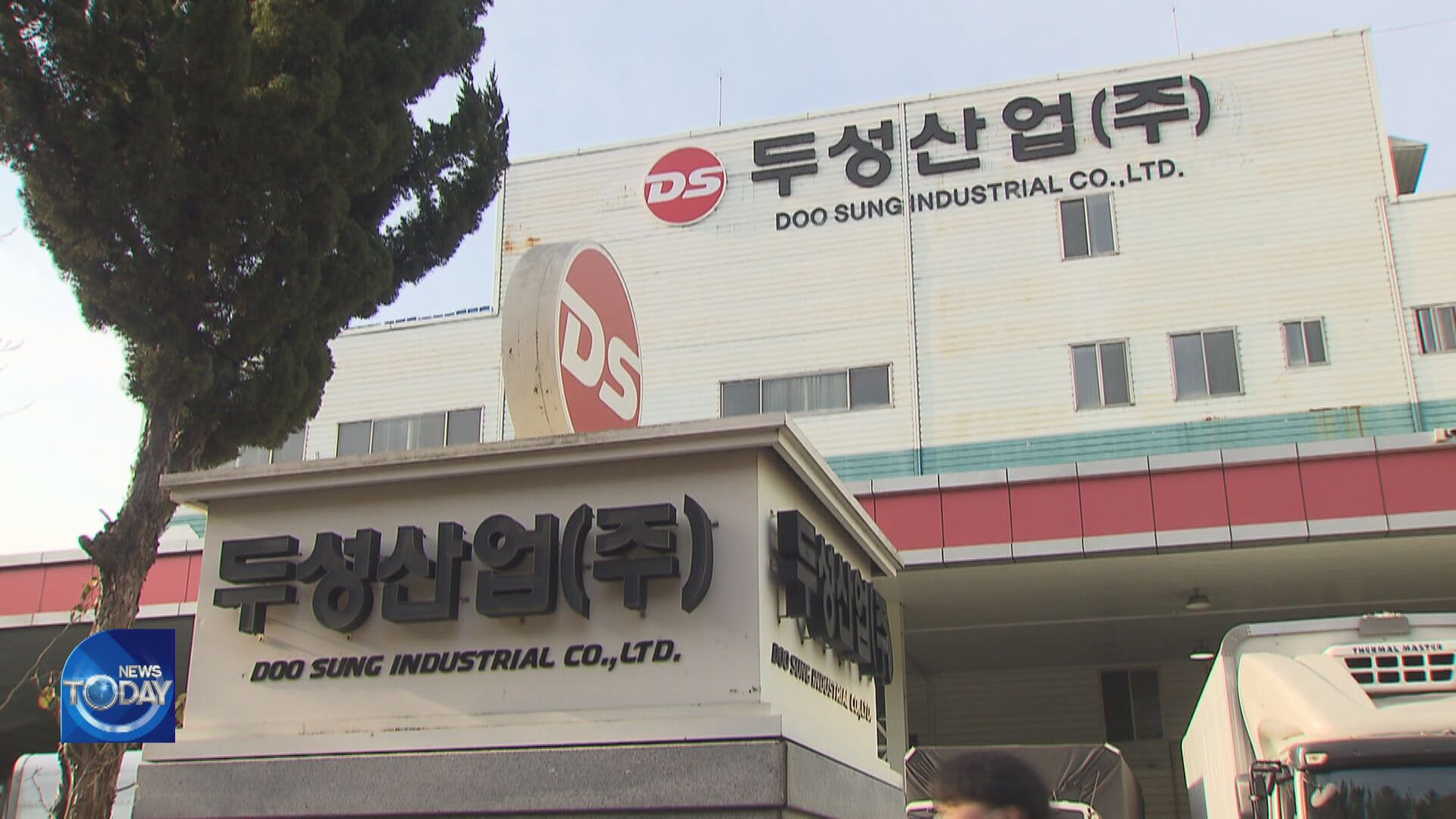
[Anchor Lead]
The Constitutional Court is debating whether the Severe Accident Punishment Act enacted in January is unconstitutional or not after Doosung Industrial, the first company to be indicted under this law, made a request to determine the unconstitutionality of the new law. Doosung's legal representatives argued that the regulations are unclear and excessive criminal liability is loaded on the CEO. Meanwhile, the labor sector calls it an attempt to deny the law's intention.
[Pkg]
Doosung Industrial became the first company to be indicted under the Severe Accident Punishment Act when sixteen of its workers suffered acute liver failure after they were exposed to the toxic substances in a washing agent. The company asked the court to look at the unconstitutionality of the case. The Constitutional Court was asked to determine whether the new industrial law is unconstitutional before the criminal court makes its decision on the case. This is the first time such a request was made since the law went into effect in January. Doosung's legal representatives claimed that the new act violates the principle of clarity stipulated in the country's Constitution. They argued that the clause "measures must be taken for risk prevention" is stated but the definition of the actual workplace is vague. They also claimed that what those measures entail can be interpreted arbitrarily. The legal team stated that imprisoning a chief executive officer for minimum one year for a worker's death violates the principles of proportionality and equality. Their stance is that the sentence is excessive compared to a fatality caused by drunk driving or the violation of the Occupational Safety and Health Act.
[Soundbite] Kim Jae-ok(Doosung Industrial's attorney) : "The law contains unclear and abstract regulations. I hope to see the law become predictable and reasonable."
Some 440 severe accidents occurred nationwide since the new act went into effect. But only one case was indicted. The labor sector protested that the law's intention could be rendered powerless.
[Soundbite] Kim Jong-ha(Gyeongnam Regional HQ, Korean Federation of Trade Unions) : "Employers wouldn't feel the need to spend more on safety or strengthen safety measures because they come to believe that the Severe Accident Punishment Act would become powerless soon."
If Doosung's request is accepted, the criminal suit currently in progress will be suspended. If the request is denied, the company can file a constitutional appeal directly with the Constitutional Court.
The Constitutional Court is debating whether the Severe Accident Punishment Act enacted in January is unconstitutional or not after Doosung Industrial, the first company to be indicted under this law, made a request to determine the unconstitutionality of the new law. Doosung's legal representatives argued that the regulations are unclear and excessive criminal liability is loaded on the CEO. Meanwhile, the labor sector calls it an attempt to deny the law's intention.
[Pkg]
Doosung Industrial became the first company to be indicted under the Severe Accident Punishment Act when sixteen of its workers suffered acute liver failure after they were exposed to the toxic substances in a washing agent. The company asked the court to look at the unconstitutionality of the case. The Constitutional Court was asked to determine whether the new industrial law is unconstitutional before the criminal court makes its decision on the case. This is the first time such a request was made since the law went into effect in January. Doosung's legal representatives claimed that the new act violates the principle of clarity stipulated in the country's Constitution. They argued that the clause "measures must be taken for risk prevention" is stated but the definition of the actual workplace is vague. They also claimed that what those measures entail can be interpreted arbitrarily. The legal team stated that imprisoning a chief executive officer for minimum one year for a worker's death violates the principles of proportionality and equality. Their stance is that the sentence is excessive compared to a fatality caused by drunk driving or the violation of the Occupational Safety and Health Act.
[Soundbite] Kim Jae-ok(Doosung Industrial's attorney) : "The law contains unclear and abstract regulations. I hope to see the law become predictable and reasonable."
Some 440 severe accidents occurred nationwide since the new act went into effect. But only one case was indicted. The labor sector protested that the law's intention could be rendered powerless.
[Soundbite] Kim Jong-ha(Gyeongnam Regional HQ, Korean Federation of Trade Unions) : "Employers wouldn't feel the need to spend more on safety or strengthen safety measures because they come to believe that the Severe Accident Punishment Act would become powerless soon."
If Doosung's request is accepted, the criminal suit currently in progress will be suspended. If the request is denied, the company can file a constitutional appeal directly with the Constitutional Court.
이 기사가 좋으셨다면
-
좋아요
0
-
응원해요
0
-
후속 원해요
0










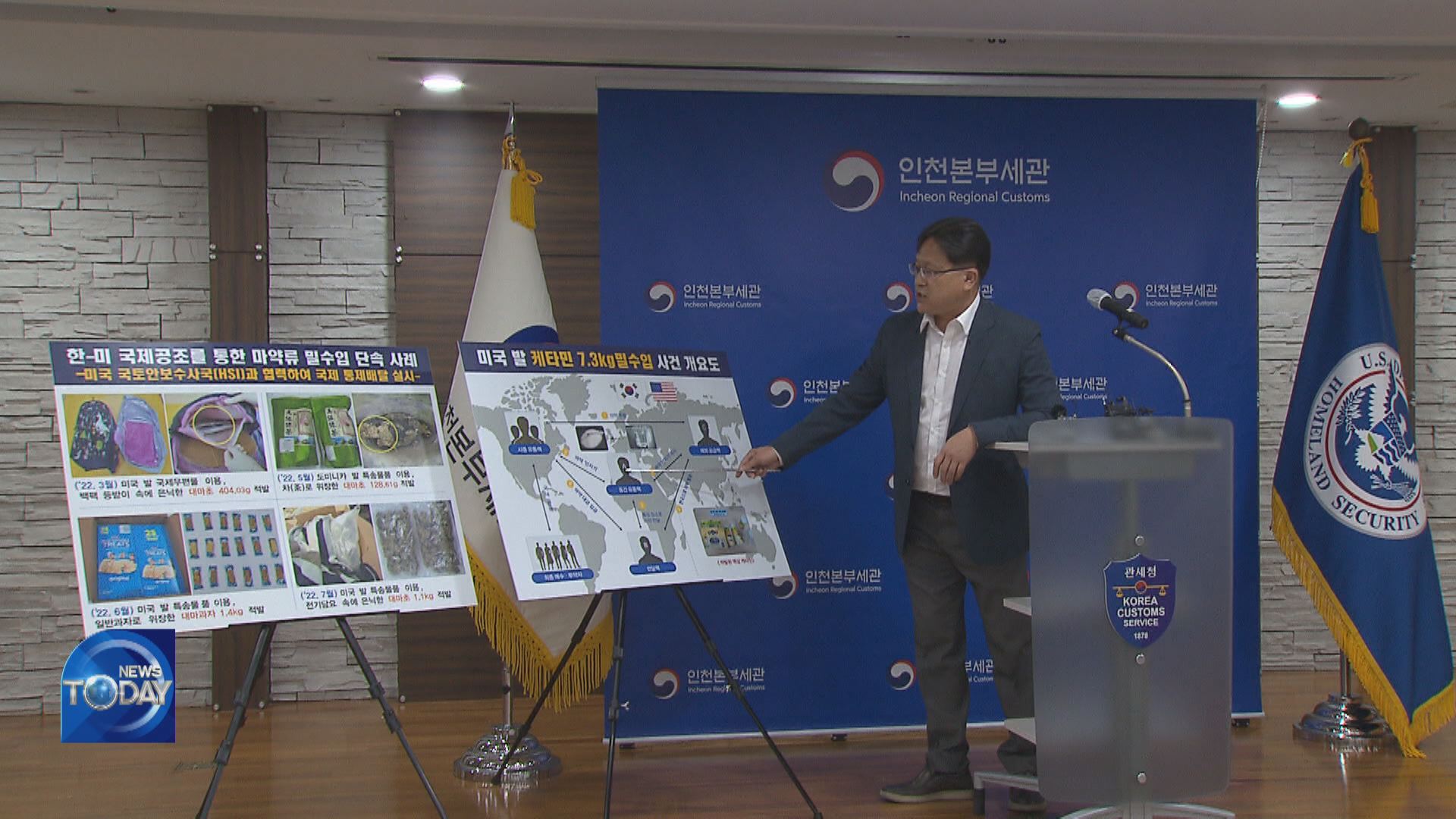
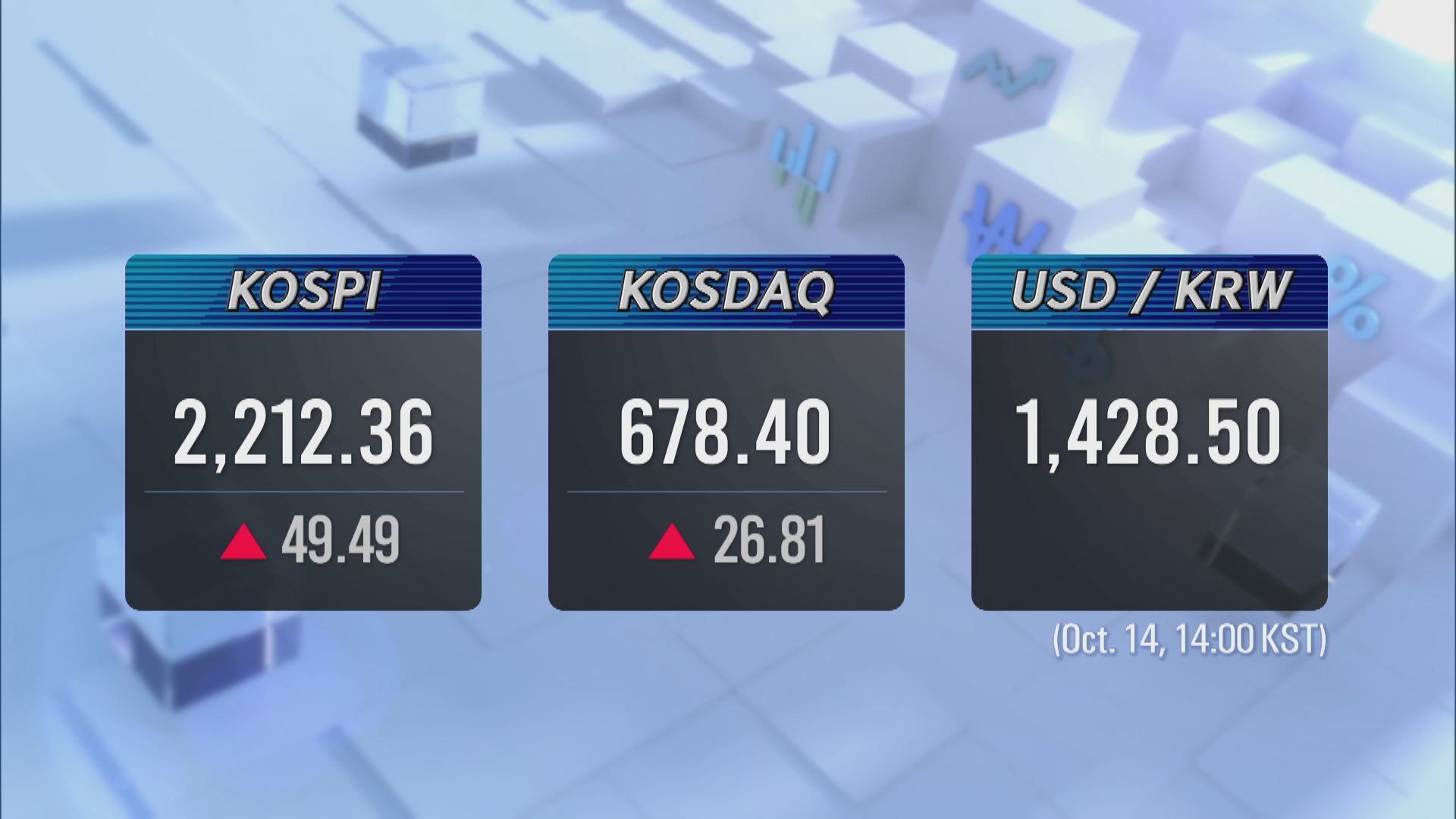
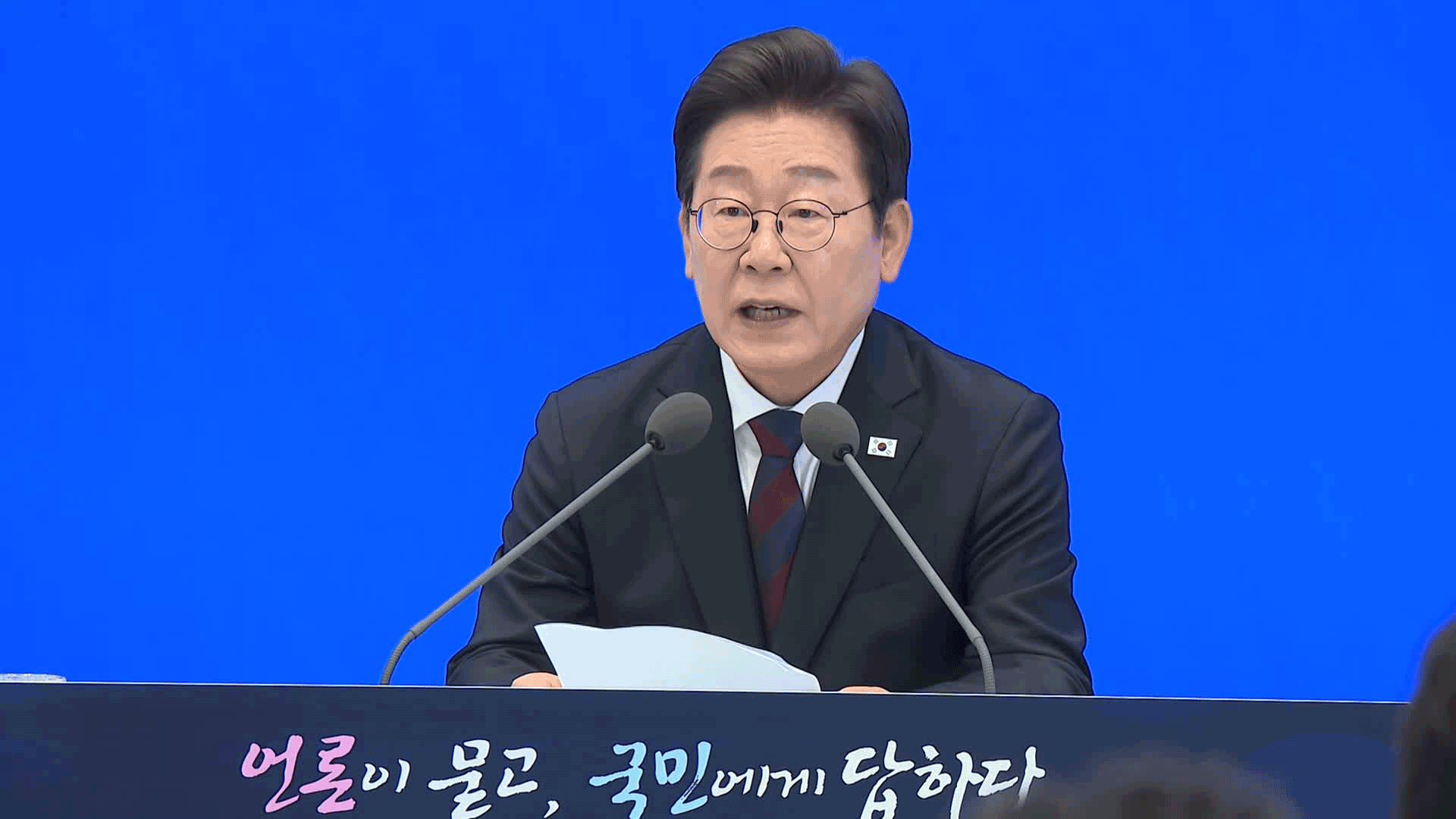
![[단독] 도이치 주포 “김건희, 내 덕에 떼돈 벌어…22억 원 주문”](/data/news/2025/07/03/20250703_KpuU43.png)
![[단독] “쪽지 얼핏 봤다, 안 받았다”더니…CCTV에선 문건 챙긴 이상민](/data/news/2025/07/03/20250703_Lv3LjI.png)
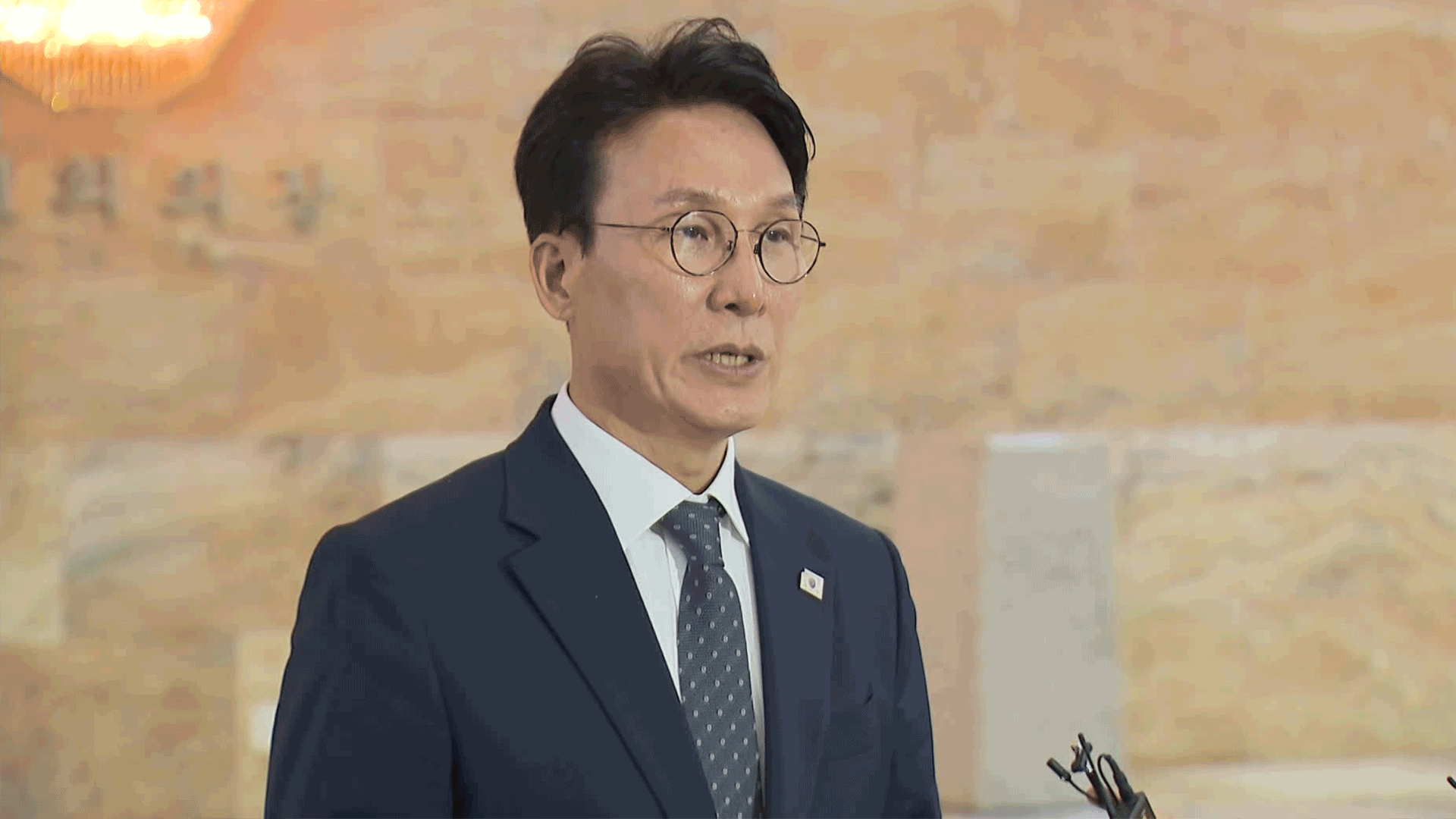

이 기사에 대한 의견을 남겨주세요.